POST WORKOUT MEALS
What the literature says.
There is extensive evidence which shows that consuming protein pre- and/or post-workout induces a significant rise in muscle protein synthesis, which is basically the way the body repairs, grows and maintains skeletal muscle groups. It should be noted, however, that total daily caloric and protein intake over the long term play the most crucial dietary roles in facilitating adaptations to exercise. According to various studies post workout meals should be ingested within 30 minutes of exercise, however if this is not attainable, there is supposedly a 1-2 hour time slot that you can still get a post workout meal in and reap the benefits. In terms of Carbohydrates they are inherently an important macronutrient in general. They aid in recovery, are the primary source of energy for the brain, fuel you for your workouts and will assist your performance cognitively and physically throughout the day. According to the literature your post workout meal should include 1gram/kg of your body weight of carbohydrates. For instance if you weighed 60kgs, you would ingest 60grams of carbohydrates post workout. This is to ensure you replenish your glycogen stores lost in training and optimise your recovery, which basically means the energy you’ve used up in your muscle (called glycogen) is being replenished for your next workout.
In terms of protein intake, the baseline recommendation for optimal protein muscle synthesis is a maximum intake of 40 grams of protein post workout. However some studies suggest overall daily intake of protein is more important then post workout protein intake. Evidently this means that your overall protein intake of say 130 grams of protein per day, can be ingested whenever you like and you will still see benefits. Which makes sense as for you to gain muscle or recovery effectively you need to be eating your TDEE of protein. Which means you need to be eating the same amount of Calories in terms of macronutrients for what you use throughout the day, otherwise you will be in a caloric/ macronutrient deficient and will be eating away at your muscle stores.
Although inherently it is suggested that it doesn’t quite matter WHEN you ingest this protein, For convenience and an overall food distribution throughout the day, it is more convenient to spread this amount out in differing meals. Furthermore, considering you need to be ingesting carbohydrates 30 minutes post workout it would be convenient to add protein to this meal.
Now what kind of protein would be optimal? Well, for financial and convenience purposes, a protein powder would be your best option when compared to a piece of meat like chicken breast. It is easier to digest, quicker to prepare, cheaper in terms of grams of protein per serve and possibly more palatable at a time where most people have no appetite, aka, straight after your workout.
In terms of fat, the literature suggests no true benefit in terms of muscle synthesis, of consuming a certain amount of fat except for overall fat distribution throughout the day or satiation purposes. So if you feel like adding some fat to your post workout meal then go ahead, but if you find yourself experiencing gastrointestinal upset, try lowering your fat content of this meal as it has been known to cause an upset stomach.
SO, what on earth does that mean I need to eat!? I’m glad you asked. In order to get around 60 grams of carbohydrates and 40 grams of protein you would need to eat the following meals.
MEAL 1:
1 fresh banana
45 grams of protein powder
½ cup of rolled oats a
1 cup of regular full cream milk
EQUALS 50 grams of Protein, 59 grams of Carbohydrates, 11 grams of Fat
MEAL 2:
10 rice cakes
45 grams of whey protein powder
2 cups of almond milk
EQUALS 44 grams of protein 63 grams of carbohydrates and 17.5 grams of fat
MEAL 3:
63 grams of pure carbs
45 grams of protein powder
EQUALS 60 grams of carbohydrates and 40 grams of protein.
MEAL 4:
1 cup of uncooked oats
45 grams of protein powder
1 cup of blueberries
EQUALS 47 grams of protein, 66 grams of carbohydrates and 8.9 grams of fat.
Keep in mind each of these meals have differing caloric values. For instance the first meal is around 540 calories where as the second meal is around 430 calories. This means you will need to tailor your meals to suit your overall caloric needs throughout the day. Therefore, lets suggest you train at the end of the day, that would mean your post workout meal may be your dinner/ last meal of the day, therefore, you may have already consumed 130 grams of protein or 300 grams of carbs before your post workout meal IF you don’t pre plan your meals. Therefore, tailoring your pre and post workout meals around your other meals of the day is an important tool in order too get your nutrient timing correct. Evidently, I suggest pre planning your daily intake the night before or at the beginning of the week in order to be prepared and create daily convenience, instead of having to worry on the day how to fill your macro nutrients in.

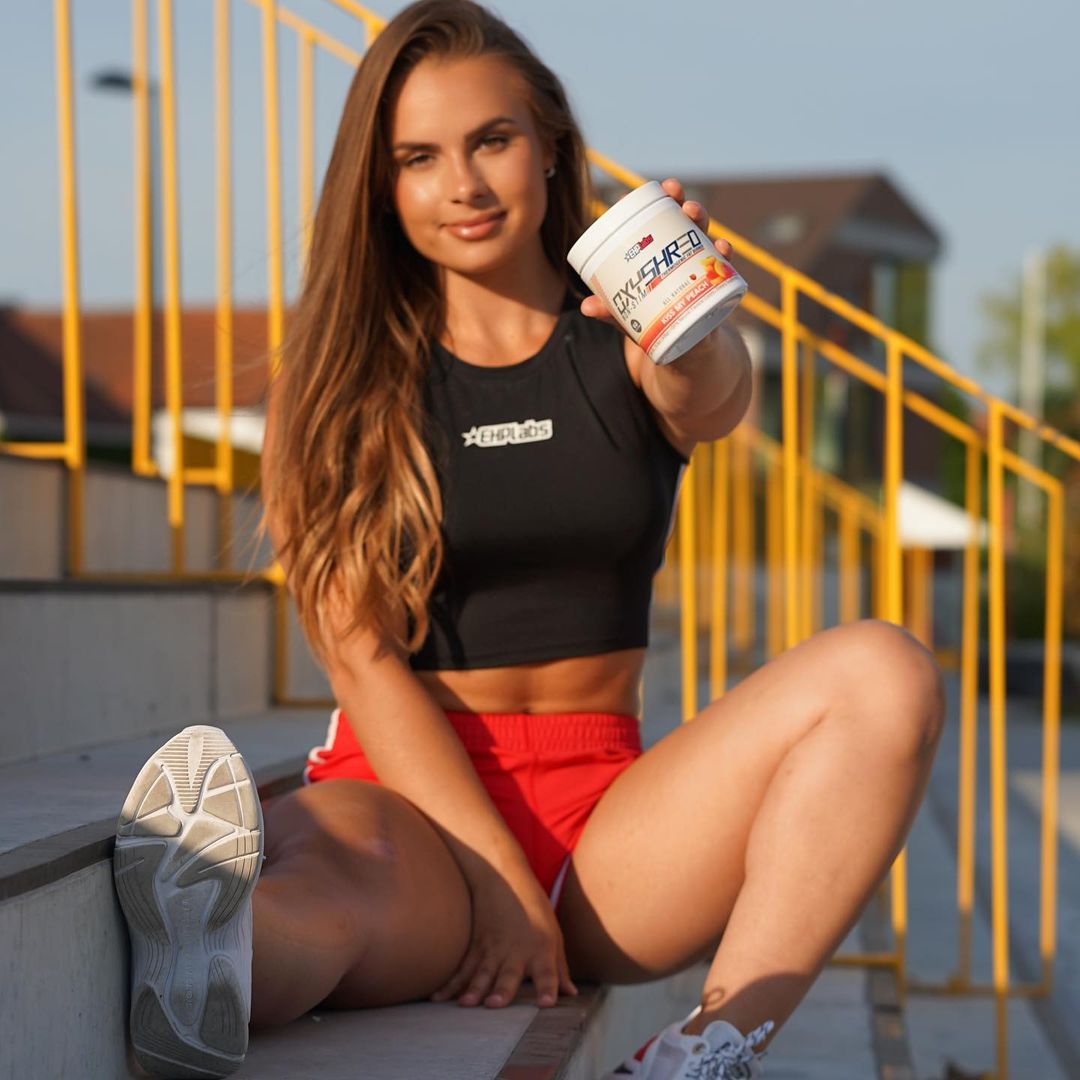
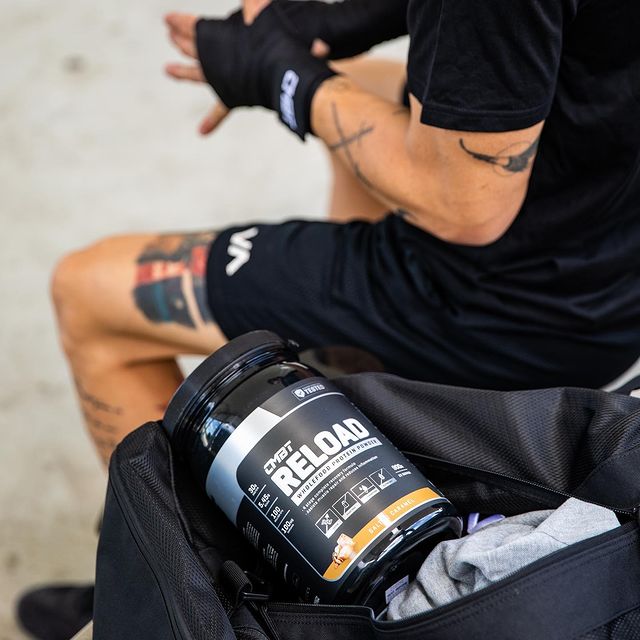
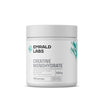
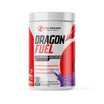
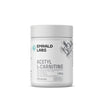

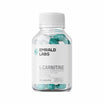
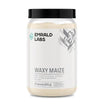
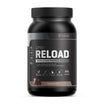
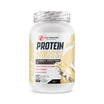
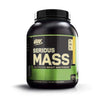
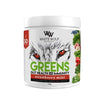
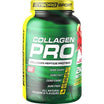
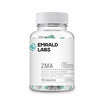
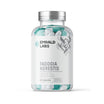
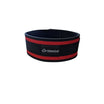
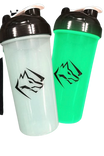



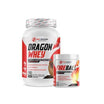

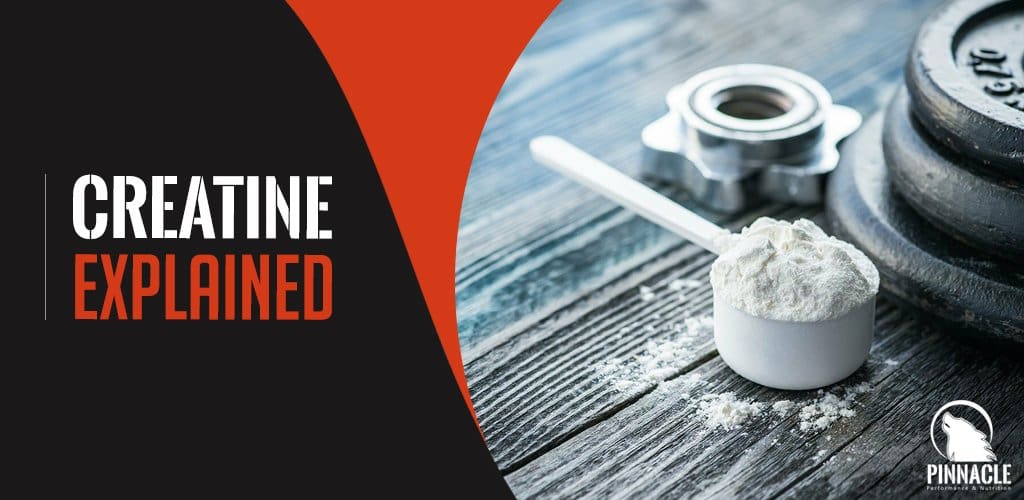
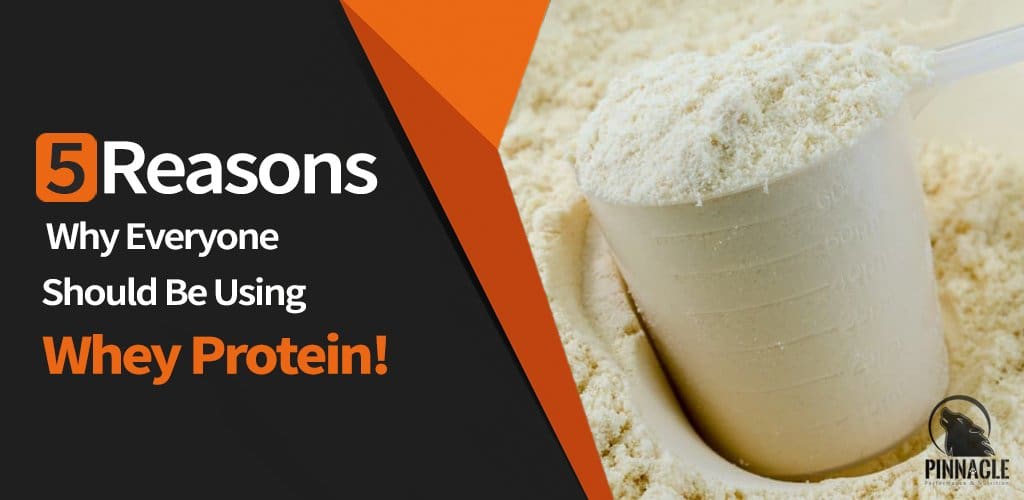
Leave a comment
This site is protected by hCaptcha and the hCaptcha Privacy Policy and Terms of Service apply.